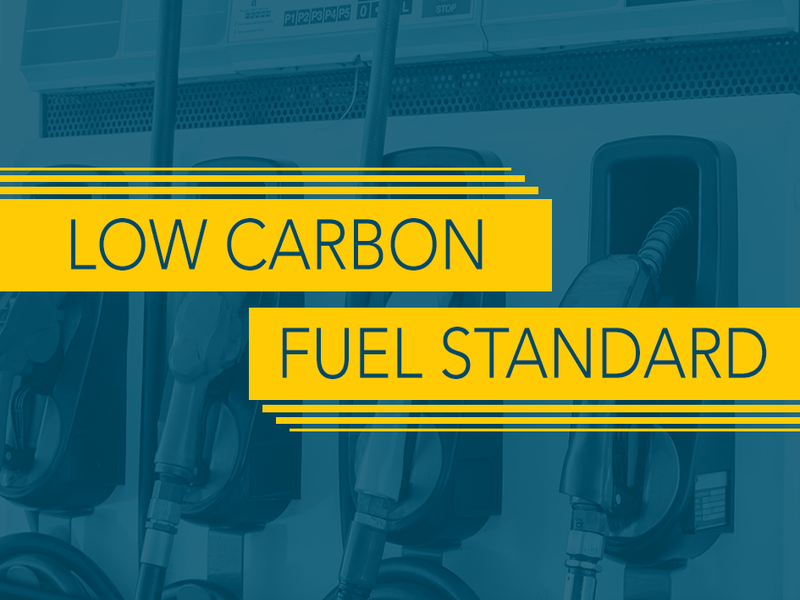
For Air Quality and CO2-Reduction, Biofuel Mandate is Wasteful and Ineffective
“The cure is worse than the disease.” It is a phrase I have come across frequently in the last 20 years working in health and environmental policy. It is particularly appropriate for a proposal in the legislature called a “low-carbon fuel standard” (LCFS) which would mandate the use of biofuels to cut CO2 emissions.
The policy is extremely expensive. In California, where legislators imposed an LCFS a decade ago, it currently adds about 18 cents per gallon to the cost of gas and 21 cents for a gallon of diesel. Advocates argue that the cost is worth it to help the planet. A look at the science and economics shows the LCFS is one of the least effective climate policies.
In a recent Issaquah Reporter editorial, “Issaquah Leaders Support A Clean Fuel Standard”, the Mayor of Issaquah and the City Council President announced their support for the LCFS, citing CO2-reduction and air pollution. They cited the Washington State health disparities map, which shows that Issaquah has a higher level of the diesel-related air pollutant NOx than other communities, largely due to the proximity to I-90. Both NOx and particulate matter (known as PM 2.5) are associated with health problems like asthma. An LCFS, the mayor and council president imply, would help solve that problem. The science says otherwise.
This issue is personal to me. I helped found and run the state’s largest charity providing prescription medicines to low-income patients. We helped many people who suffered from asthma so severe it would put them in the emergency room several times a month.
The LCFS, however, is a cure that may be worse than the disease.
The primary way to comply with the LCFS mandate is to use biodiesel, and advocates claim the switch would reduce pollution. According to the National Renewable Energy Laboratory (NREL), part of the U.S. Department of Energy, switching to biodiesel is not effective at reducing air pollution. A Senior Research Fellow in the Fuels and Combustion Science Group at NREL told me, “new emission control technology introduced in 2010 largely eliminates fuel effects on emissions.” Put another way, the air-quality difference between regular diesel and biodiesel is essentially zero. Indeed, he notes there is actually a “small increase in NOx for biodiesel” at engine startup.
The Washington State Department of Ecology echoed those results when it studied the impacts of an LCFS in 2014. Officials there found the LCFS would reduce particulate matter, a pollutant associated with asthma, by less than one percent by 2028. That study used data prior to 2010 and exaggerates the potential benefits.
When presented with this information, LCFS supporters pivot nervously to other claims. The primary justification for the LCFS is that it reduces CO2 emissions. In California, the LCFS costs 20 times as much as other CO2-reducing strategies like methane capture. As part of my personal pledge to be carbon-neutral, I invest in projects that cost just $10 per metric ton. The primary advocates of an LCFS are biofuel companies. And why not? For every one dollar that goes to reducing CO2, $19 go to biofuel companies.
The more concerned you are about climate change, the less you should support an LCFS.
The LCFS isn’t the only climate policy that doesn’t deliver on its promises. The LCFS, though, stands out as one of the most expensive and least effective. Officials in Washington state, King County, Seattle, and Issaquah have all missed promised climate targets because they chose policies based on politics, not science or positive results.
I have offered an alternative approach that would reduce as much CO2 immediately as the LCFS would achieve a decade from now – for a fraction of the cost.
Washington state politicians have not chosen approaches that encourage innovation and prioritize effectiveness. As a result, while politicians congratulate themselves for their supposed “leadership,” Washington will continue to miss its climate goals and citizens will pay higher and higher costs for that failure.





